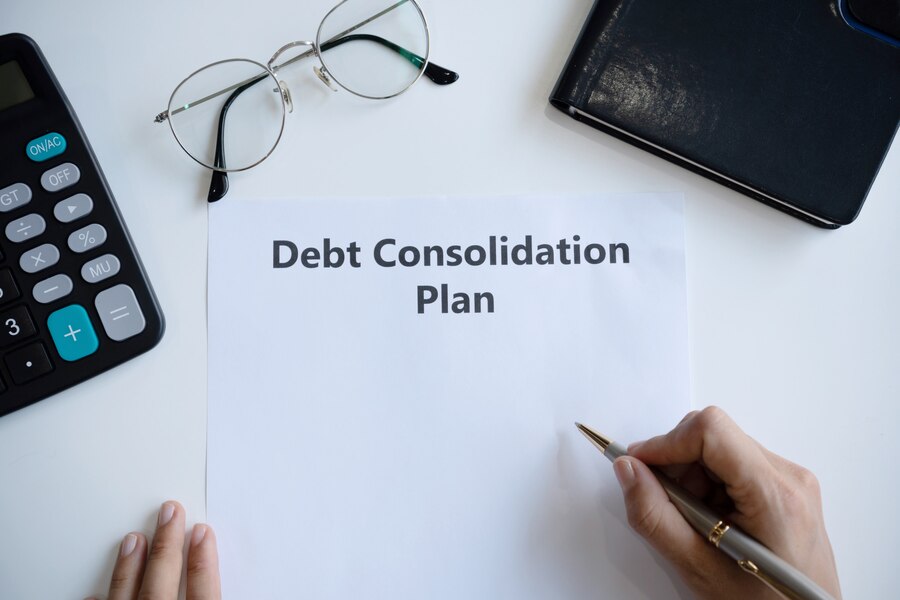A Debt Resolution Program (DRP) is a structured plan designed to help individuals or businesses manage and repay their outstanding debts in a manageable way. It typically involves negotiating with creditors to reduce the total amount owed, lower interest rates, or create a customized repayment plan. DRPs are often used by individuals facing financial distress who cannot keep up with their loan or credit card payments.
How Does a Debt Resolution Program Work?
- Assessment of Financial Situation
The borrower’s income, expenses, and total outstanding debt are analyzed to determine the best repayment strategy.
Credit counseling agencies or financial advisors may help in evaluating options.
- Negotiation with Creditors
A debt resolution company or a financial expert negotiates with lenders to:
- Reduce the principal amount.
- Waive or lower interest rates.
- Extend repayment tenure to lower monthly payments.
- Creation of a Settlement Plan
Based on the negotiations, a structured repayment plan is created.
Borrowers may be required to make lump-sum payments or follow an installment-based approach.
- Execution of the Plan
The borrower follows the agreed repayment schedule, making payments through the debt resolution provider or directly to creditors.
- Completion and Credit Recovery
Once all payments are made, the debt is marked as “Resolved” or “Settled” on the credit report.
The borrower can start rebuilding their credit score by making timely payments on any remaining or future loans.
Benefits of a Debt Resolution Program
- Reduces Financial Burden
Helps lower the total debt amount or make payments more manageable.
- Avoids Legal Consequences
Prevents lawsuits, asset seizures, and harassment from collection agencies.
- Provides a Structured Repayment Plan
Allows borrowers to clear their debts systematically rather than defaulting.
- Stops Collection Calls
Once enrolled in a DRP, creditors and collection agencies typically stop contacting the borrower directly.
- Helps in Credit Score Recovery
Though debt resolution may initially impact credit scores, it provides a pathway for long-term financial recovery.
Who Should Consider a Debt Resolution Program?
A DRP may be a good option for:
- Individuals with overwhelming debt and no means to repay in full.
- Those receiving frequent collection calls or facing legal actions from creditors.
- Borrowers who have tried other repayment methods but failed to keep up.
Conclusion
A Debt Resolution Program can be a practical solution for individuals struggling with multiple debts. By negotiating with creditors and creating a structured repayment plan, it helps borrowers regain financial stability. However, it’s important to consider Its impact on credit scores and explore all available alternatives before enrolling. Consulting a financial advisor can help determine if a DRP is the right choice based on your financial situation.



